Will Bitcoin Go Back Up? - A Comprehensive Analysis

In the unpredictable world of cryptocurrencies, Bitcoin is the oldest and the most valuable. Its price chart is a rollercoaster ride, with exhilarating highs followed by startling lows. The question on every investor's mind is, "Will Bitcoin go back up?"
In this article, we will delve into the various factors that can influence the price of Bitcoin and provide a comprehensive analysis of its price prediction for the coming years.
Bitcoin Overview
Bitcoin, the pioneer of cryptocurrencies, was introduced to the financial market in 2009. The first significant leap in its price happened in July 2010, when it rose to $0.09. The journey from there to its all-time high of around $68,000 in November 2021 has been extraordinary.
However, the joy was short-lived as Bitcoin's value plunged to around $16,700 by mid-November 2022, a staggering 70% drop from its peak. But even at this low, Bitcoin's value was significantly higher than its 2019 prices.
Current Performance of Bitcoin
As of November 2023, Bitcoin has somewhat rebounded and is trading around $36,500, recovering more than $10,000 since the beginning of the year.
This price movement has reignited the discussion about Bitcoin's future and the factors that could influence it.
What Pushed Bitcoin Down?
Several factors contributed to Bitcoin's dramatic fall in 2022.
The global economy had a turbulent year, with high levels of inflation leading the Federal Reserve to implement a series of aggressive rate hikes.
Higher interest rates make borrowing more expensive and reduce spending, which can lead to investors selling off their assets.
Furthermore, the crypto market was riddled with bad press due to the collapse of the crypto exchange FTX, resulting in a loss of over $1 billion in consumer funds. This incident significantly affected investor confidence in crypto-assets.
Geopolitical tensions, mainly the war between Ukraine and Russia and the uncertainty surrounding the U.S. mid-term elections, also influenced the economic instability, likely influencing Bitcoin's price decline.
The debate around Bitcoin's inherent value also persists. While some investors view Bitcoin as a long-term store of value, others believe another coin, such as Ethereum, might surpass Bitcoin's usefulness.
Also Read - Is Bitcoin Dead?
What Factors Could Cause Bitcoin to Go Up?
Several variables could potentially lead to a rise in Bitcoin's price:
- Lower interest rates: If there is a decrease in interest rates, investors may find themselves more inclined to put their money into assets that carry a higher level of risk, such as digital currencies like Bitcoin.
- Expected Approval of First Spot Bitcoin ETF: The Bitcoin surge is driven by the hopeful expectation that U.S. regulators are about to approve the first spot Bitcoin ETF. This approval is expected to attract interest from retail and institutional investors in cryptocurrencies, marking a significant step in the mainstream acceptance of digital assets.
- Reduced recession threat: If the threat of an economic downturn starts to fade, the attractiveness of high-risk assets, particularly cryptocurrencies like Bitcoin, might see a positive upward trend.
- Changes in federal regulation: Any action taken by the federal government regarding crypto regulation could impact Bitcoin's price.
- Wider acceptance of crypto: If an increasing number of individuals begin to embrace cryptocurrency as a means to store and transfer their wealth, the value of Bitcoin could continue to experience an upward trajectory.
Impact of Bitcoin Halving
Bitcoin halving, which is a process where miners' reward for mining new blocks is halved, is another factor that could influence the price of Bitcoin.
This particular event, which is anticipated to occur in the year 2024, has historically been associated with a significant increase in the value of Bitcoin.
This event has often led to a surge in Bitcoin's price, making it a key factor to watch in the cryptocurrency's valuation.
When Will Bitcoin Go Back Up?
Predicting Bitcoin's future is a challenging endeavor due to its volatile nature. However, easing macroeconomic conditions and recent troubles in centralized banking have led to a rebound in Bitcoin's value.
If the cooling off of inflation continues and interest rates potentially lower later this year, experts are hopeful of a continued upward trend.
Let's delve into the much-awaited Bitcoin price predictions now.
According to Ian Balina's detailed examination, Bitcoin can potentially escalate to an impressive $150,000 during the upcoming bull run. Bitcoin's price hovering around $36,000 signifies an enticing 4.5x return on investment.

Despite the argument that the return on investment diminishes with each cycle, it is crucial to acknowledge that the profits remain substantial. An investment in Bitcoin amidst the bull run could reap lucrative profits.
However, the ultimate wealth-generation opportunities reside in pinpointing promising altcoins that outshine the market.
The Bottom Line
While Bitcoin is currently experiencing a rebound, investors must brace themselves for the extreme volatility associated with crypto-assets. It's important to remember that investing in crypto involves a high risk, and one should only invest what they can afford to lose.
Despite the risks, opportunities to earn passive income with Bitcoin, such as crypto staking, crypto lending, and crypto royalties, exist.
The crypto market's vibrant energy is undeniable, and Bitcoin, as its forerunner, will likely continue to play a significant role in shaping its future. So, will Bitcoin go back up? The signs point to a positive trajectory, but only time will tell.
Frequently Asked Questions
Q1. Why did Bitcoin's value decrease in 2022?
Several factors contributed to Bitcoin's price decline, including high inflation levels, aggressive rate hikes by the Federal Reserve, and the collapse of the FTX crypto exchange.
Q2. What could cause Bitcoin's price to increase?
Factors like lower interest rates, reduced threat of recession, changes in federal regulation, and broader acceptance of crypto could cause Bitcoin's price to rise.
Q3. What is Bitcoin halving?
Bitcoin halving is a process where the reward for mining new blocks is halved, thereby reducing the rate at which new Bitcoin is created.
Q4. Is it safe to invest in Bitcoin?
Investing in Bitcoin involves a high level of risk due to its extreme volatility. Therefore, one should only invest what they can afford to lose.
Q5. Can I earn passive income with Bitcoin?
Yes, opportunities to earn passive income with Bitcoin, such as crypto staking, crypto lending, and crypto royalties, exist.
Q6. Will Bitcoin's price continue to rebound?
While current signs point to a positive trajectory, predicting Bitcoin's future price is challenging due to its volatile nature, but many experts believe that the price of BTC will increase in the long term.
Q7. How does Bitcoin compare to other cryptocurrencies?
While Bitcoin is the oldest and most valuable cryptocurrency, other coins like Ethereum may surpass its usefulness.
Q8. How does Bitcoin halving impact its price?
Historically, the halving of Bitcoin, a significant event in cryptocurrency trading, has consistently resulted in a marked increase in Bitcoin's value, indicating its strong resilience despite market fluctuations.
Disclaimer
The information provided on this website does not constitute investment advice, financial advice, trading advice, or any other advice, and you should not treat any of the website's content as such.
Token Metrics does not recommend that any cryptocurrency should be bought, sold, or held by you. Conduct your due diligence and consult your financial advisor before making investment decisions.
Create Your Free Token Metrics Account

.png)




%201.svg)
%201.svg)


%201.svg)



.png)

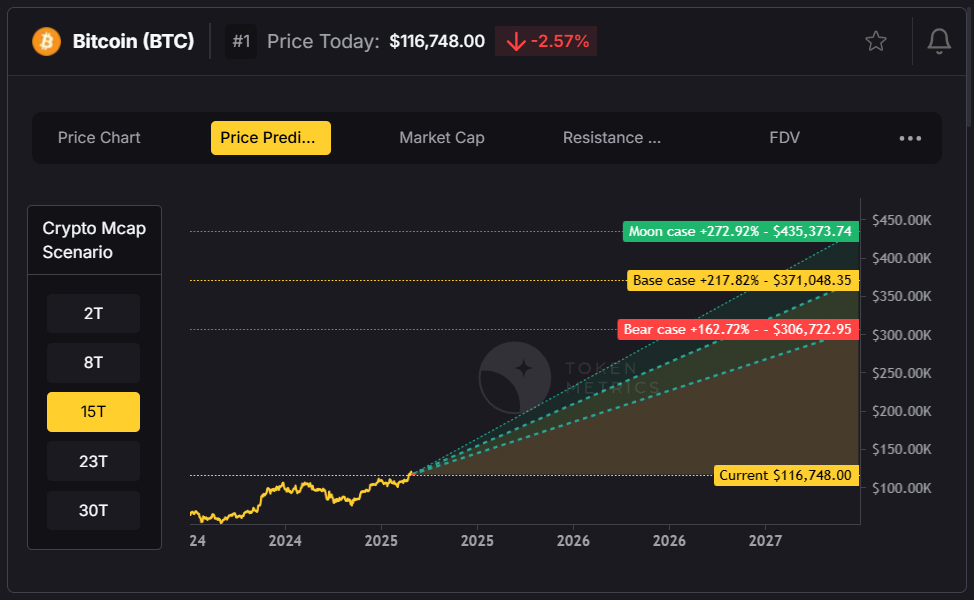


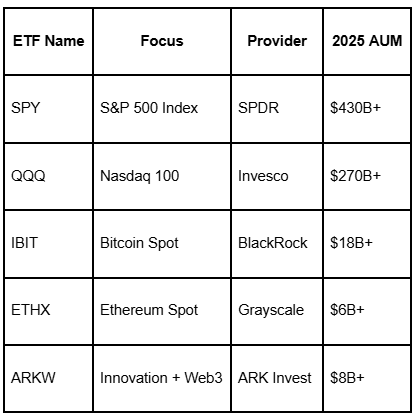
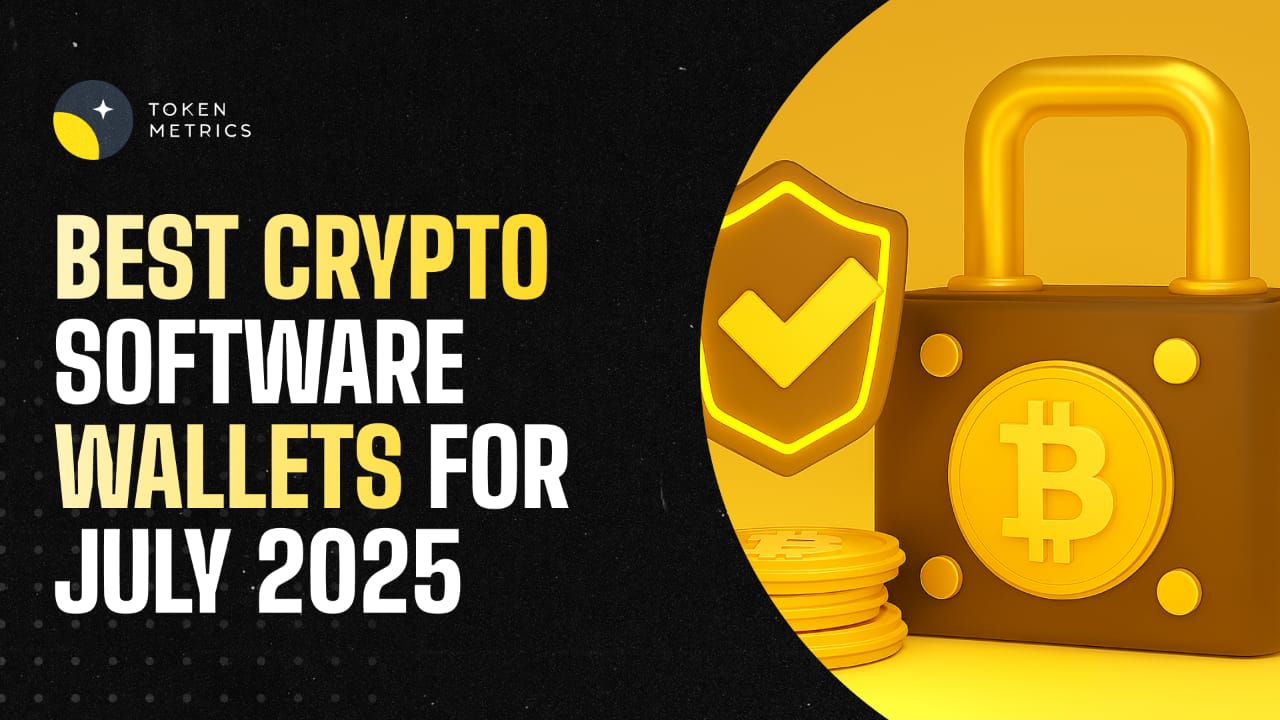



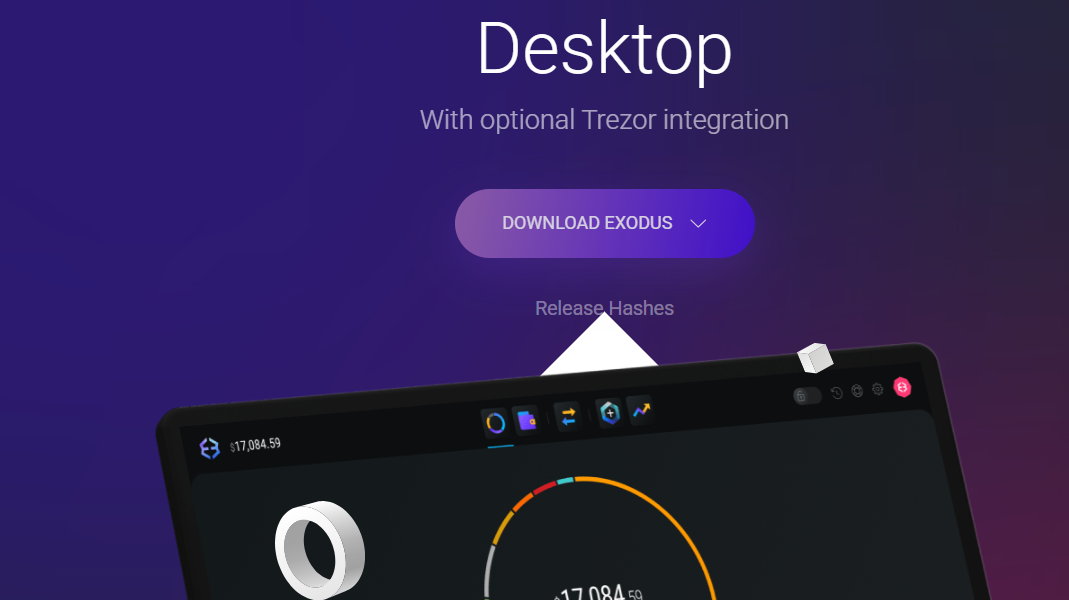



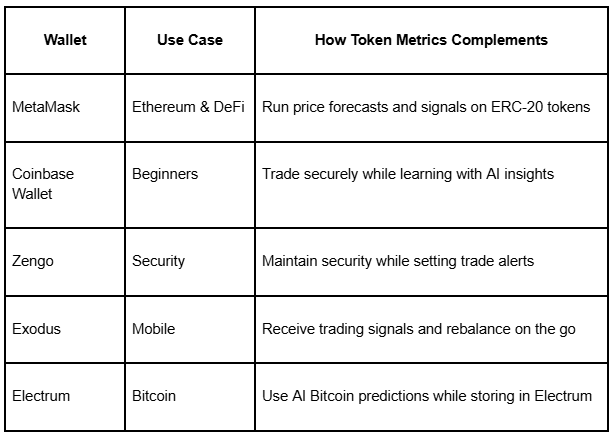
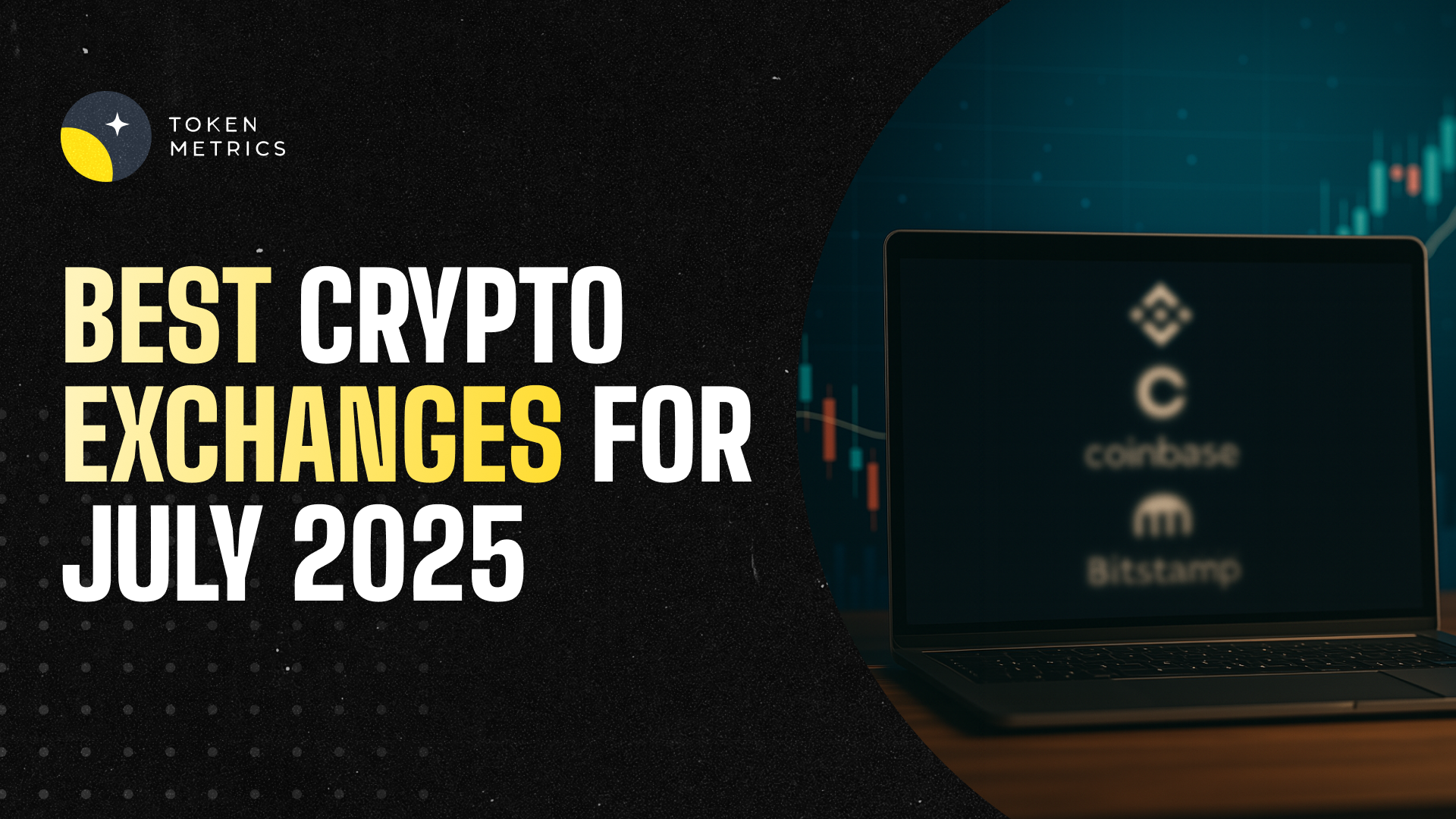
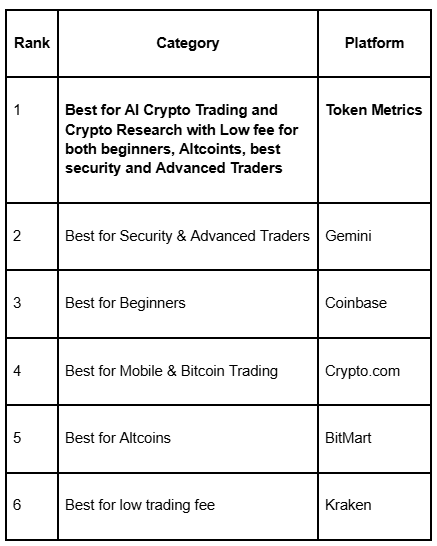



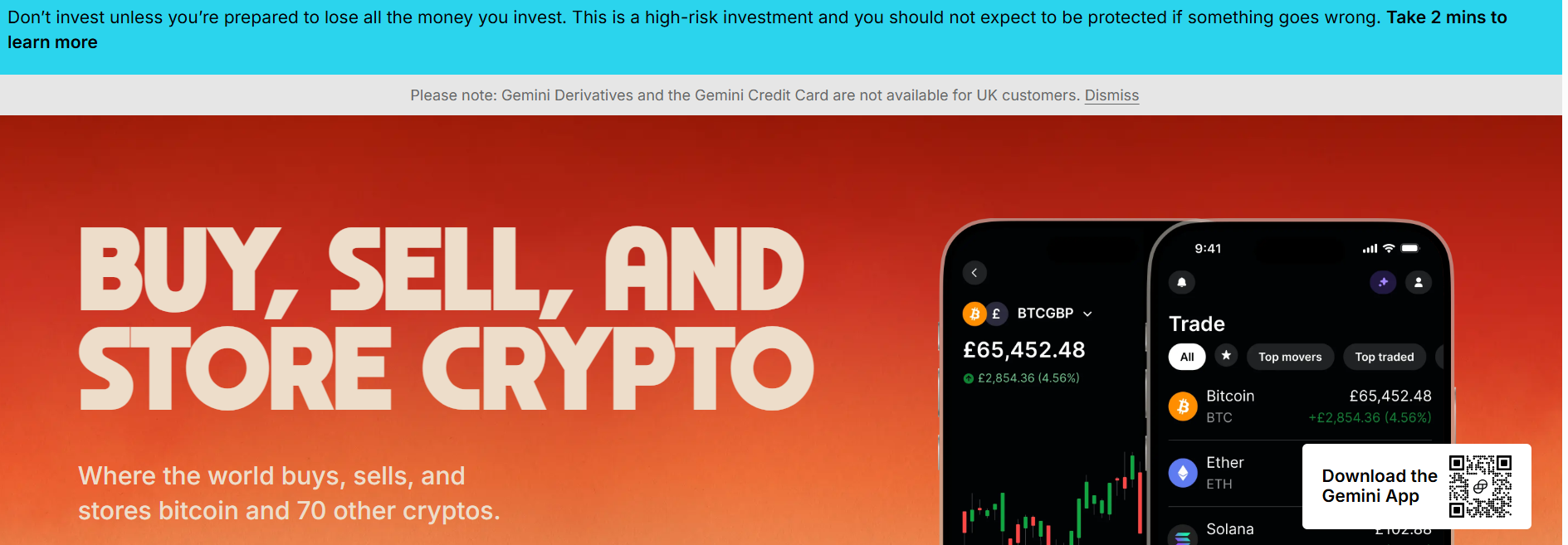
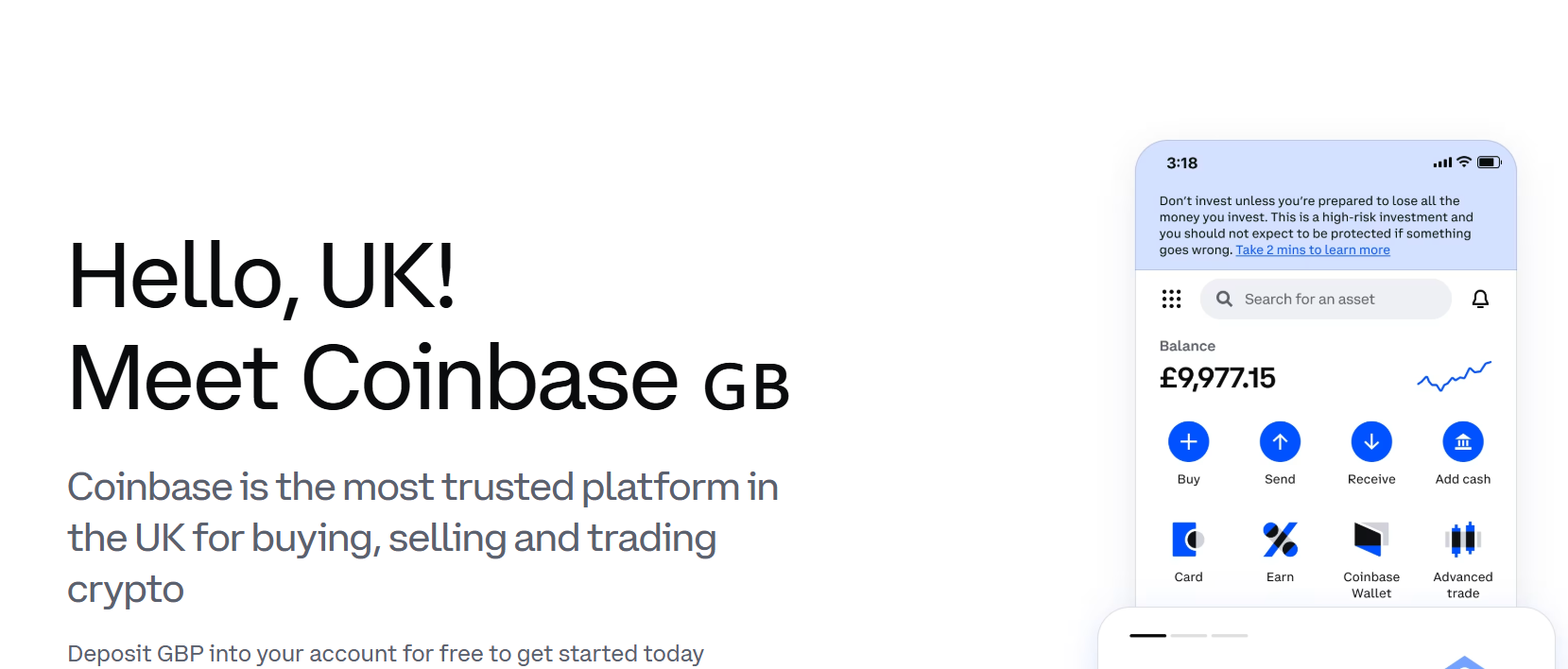
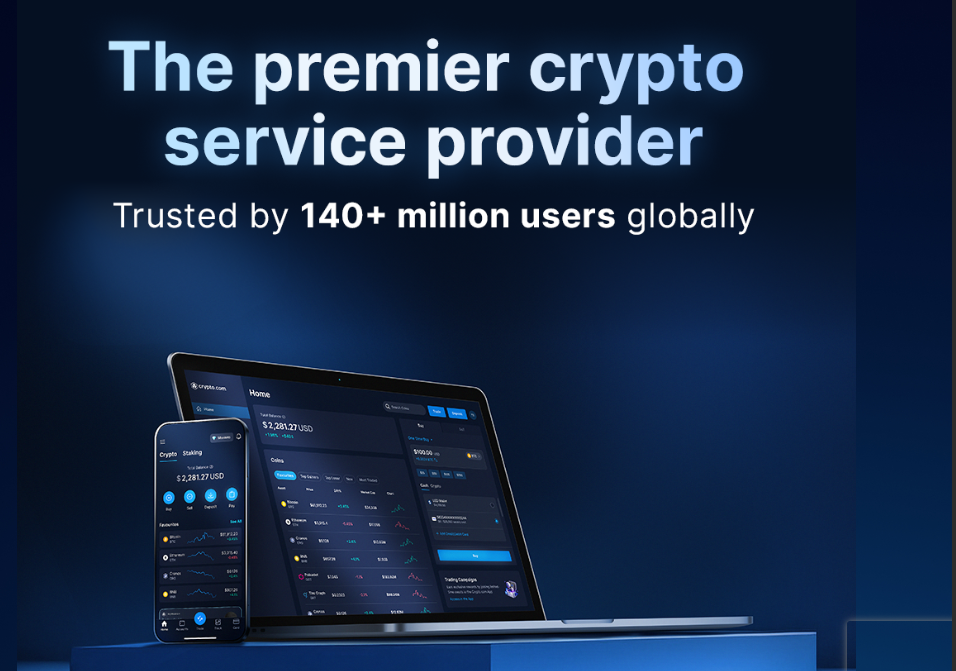
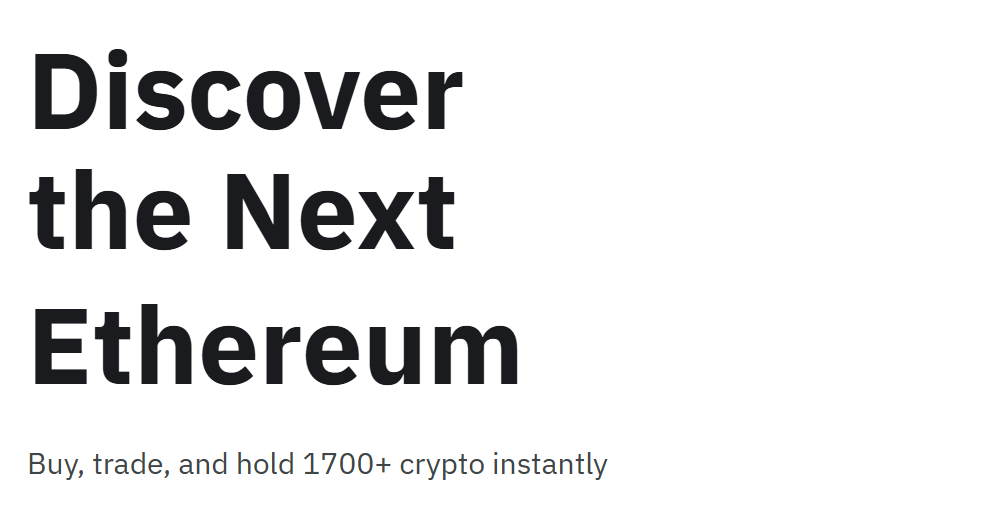
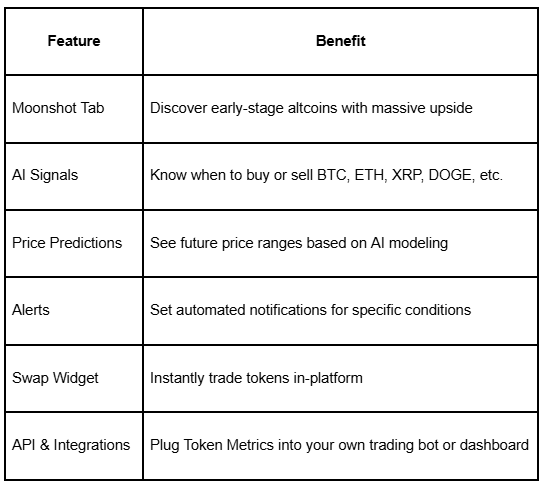




.svg)




.png)